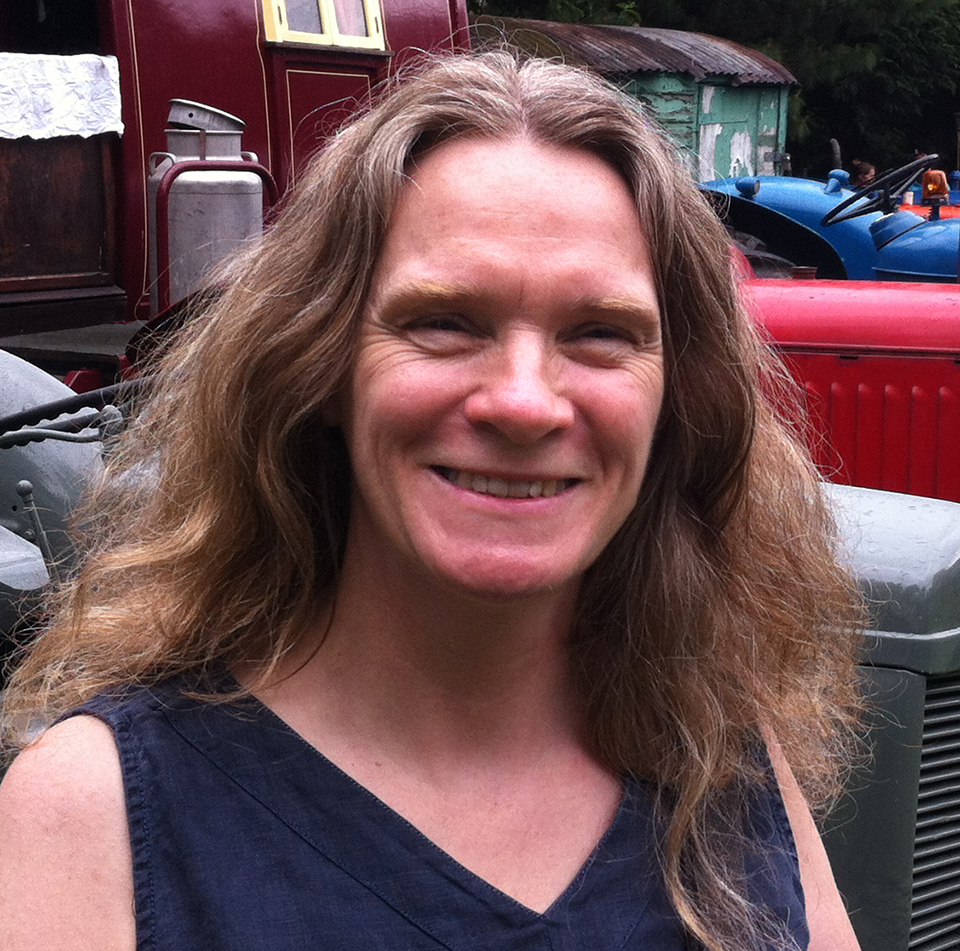Julia Sallabank
September 2015
The expert in the Spotlight feature gives you the chance to interact one-on-one with our Ask the expert-section. The feature also provides interesting and insightful comments regarding the subjects mentioned above, in-depth content and exclusive Q and A's.

Expert in the Spotlight
Julia Sallabank is working as Senior Lecturer in Language Support and Revitalisation at the Department of Linguistics at SOAS, University of London, London, United Kingdom, in teaching and researching on language revitalisation, policy and planning.
What is your background in the field of regional and minority languages/education/ multilingualism?
I have always been fascinated with my heritage language, Giernesiei (Guernsey, Channel Islands) although my family don’t speak it. I did an MA in Applied Linguistics, then decided to continue with a PhD on Guernesiais. This was the first time it had been investigated in a language endangerment paradigm, and language supporters in Guernsey had little contact with activists elsewhere. I focused on language attitudes, which involved looking at language planning and revitalisation activities, policies and ideologies. I was asked to write a report for the Guernsey government and advise them on policy. For the last 8 years I’ve been working at SOAS, teaching and researching on language revitalisation, policy and planning.
What do you think is the major challenge in your field of work?
There is increasing interest in revitalising endangered/minority languages, but the field is under-theorised and there has been surprisingly little discussion of what revitalisation means and involves. Many movements do not discuss their short- and long-term goals, so many activities, including educational ones, are in effect symbolic rather than leading to communicative use. Fishman’s call in 1991 for ‘ideological clarification’ is still ignored: do we want our languages to become post-vernacular identity symbols, or to maintain them as living languages?
The other main challenge I see is language ideologies which mitigate against effective language teaching and transmission, especially purism. Some language use is better than none! Young people and ‘new speakers’ are the future and need encouragement to use our languages, not criticism.
What is one of the hottest new projects / items you are working on?
I’ve been doing research on learning and teaching very small languages. Many programmes focus on children and schools, but adult new speakers are a vital link often forgotten. How can we best promote adult learning of minority languages? My background in applied linguistics has been very useful, although there are major differences between teaching and learning a large language and a minority one.
During Endangered Languages Week at SOAS in June, I co-organised a workshop on gender issues in linguistic fieldwork. Our field can be quite naïve about such issues, although most measures of language vitality prioritise intergenerational transmission in the family. Women are still the main caregivers in most societies, so women’s attitudes and practices should be of key importance in language planning and policies.
Are there any important references such as articles, links, etc. you would like to mention?
- John Reyhner’s website Stabilising Indigenous Languages contains a wealth of information, including some excellent papers from their series of conferences: jan.ucc.nau.edu/~jar/books.html There are two major journals in the field of language documentation and description, both now fully peer-reviewed and both of which are available free online: Language Documentation and Conservation and Language Documentation and Description.
- A couple of papers I have found particularly inspiring recently:
- Leonard, Wesley Y. 2012. Framing language reclamation programmes for everybody’s empowerment. Gender and Language 6/2: 339–367.
- Whaley, Lindsay J. 2011. Some Ways to Endanger an Endangered Language Project. Language and Education 25: 339-348.
- Personal website of Julia’s at SOAS.

